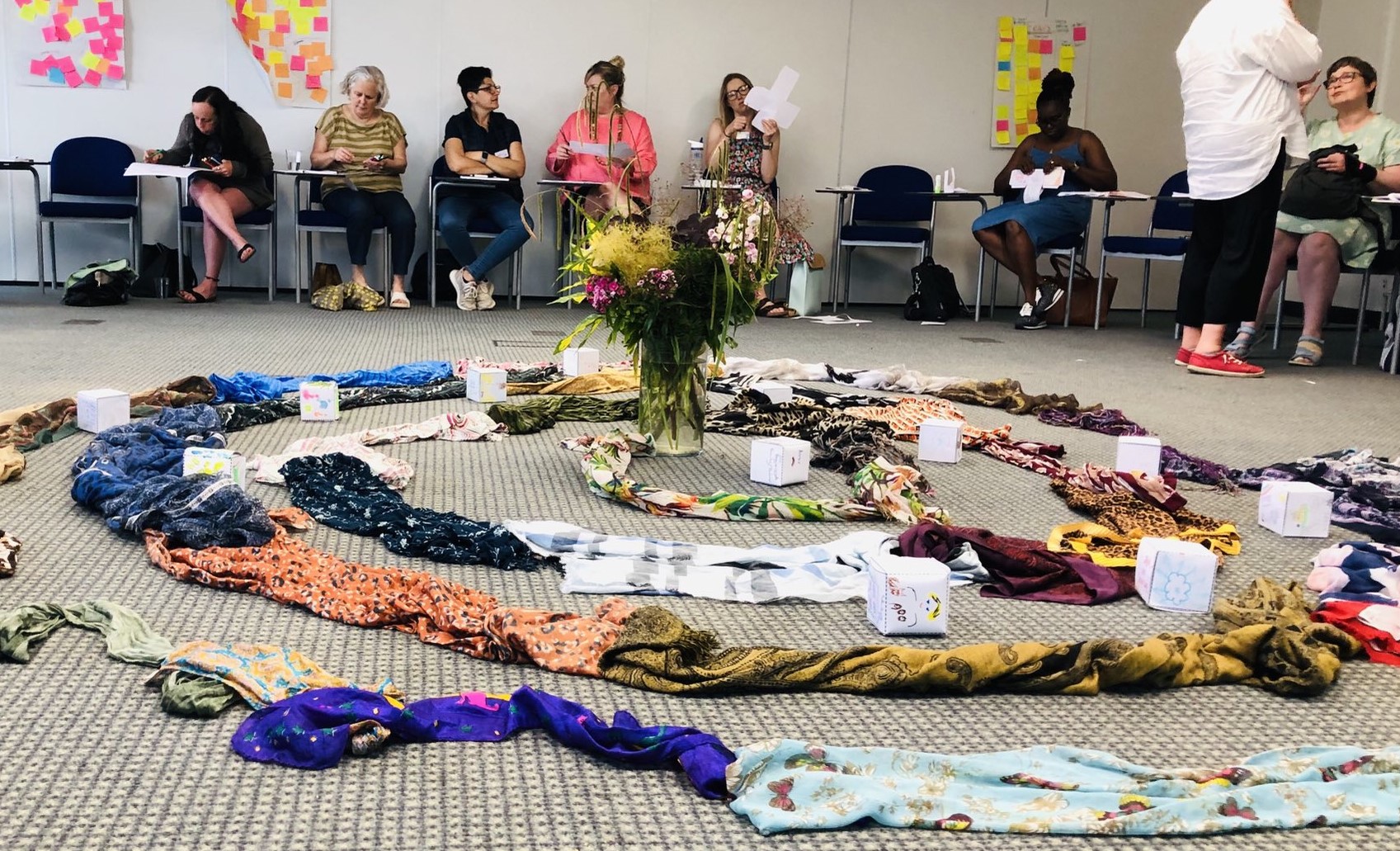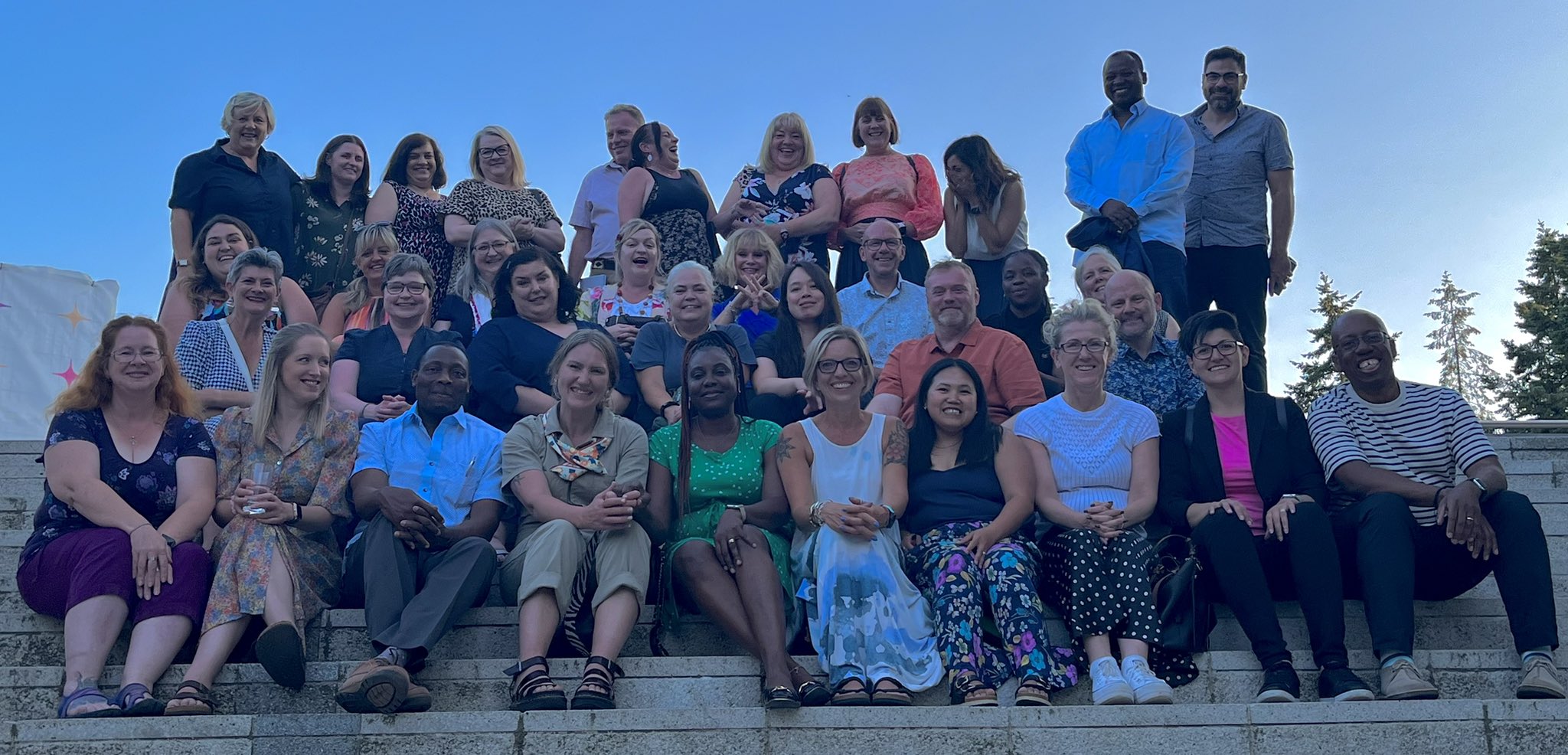Leading & Facilitating the Development of Person-Centred Care & Cultures
An Inaugural NSFT/NICHE Residential Programme
#NSFTres23
‘Leading and Facilitating the development of Person-Centred Care and Cultures’ was co-designed and developed with Norfolk and Suffolk Mental Health Foundation Trust (NSFT).
Twenty-five participants from across a variety of clinical services at NSFT took part in the residential programme. Key emergent themes from the week were; an appetite by participants to seek opportunities to learn, share and network with each other, making new and renewed connections from across the Trust. In addition, there was a willingness and commitment to create cultures of practice that supported and nurtured person-centred ways of working underpinned by compassionate, collective leadership.
The NSFT/NICHE residential programme was co-designed to focus on achieving the following objectives:
-
Developing shared values, understanding and a shared vision for NSFT improvement drawing on contemporary evidence/ literature linked to the workplace.
-
Utilising evidence, effectiveness and evaluation methodologies and approaches linking theory to the practice context through shared learning and reflection.
-
Establishing an understanding of what is an effective workplace culture underpinned by person-centred, compassionate and collective leadership.
-
A practice centred, real-world approach to different styles of facilitation, reflection and active learning drawing on practice development methodology.
-
Underpinning theories of person-centeredness, culture of practice and compassionate, collective leadership.
From the start of the week participants demonstrated a 100% commitment to attendance and active participation. As Facilitators and Co-Facilitators, we recognised that through using different approaches to learning, some participants experienced an element of personal learning discomfort, as activities posed questions, challenged and had time to critically reflected on experiences from practice, their workplace culture and leadership styles, and development needs. What became clear was a total commitment and willingness to work through such learning discomfort, where all participants emersed themselves in each available learning opportunities offered across the week. The participants all demonstrated an openness and willingness to embrace new thinking linked to developing and embedding person-centred practices.


Facilitators

Professor Jonathan Webster
Professor of Practice Development, University of East Anglia
Read Jonathan's Bio
Email: J.Webster@uea.ac.uk

Professor Sally Hardy
Director of NICHE Anchor Institute, University of East Anglia
Read Sally's Bio
Email: S.Hardy@uea.ac.uk

Ann Jackson
Independent and Associate Consultant
Read Ann's Bio
Email: ajconsultancy1@outlook.com

)